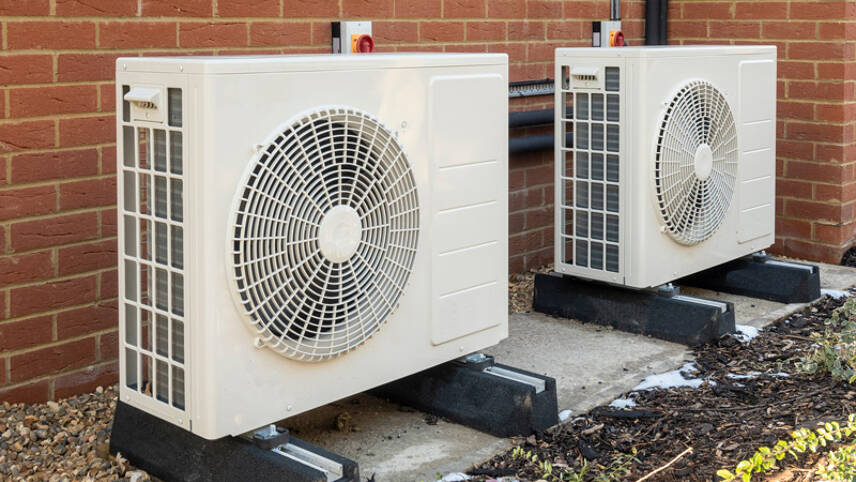Register for free and continue reading
Join our growing army of changemakers and get unlimited access to our premium content

Clean Heat Market Mechanism stipulates that heating manufacturers must progressively increase the proportion of heat pumps in their output.
Without the implementation of the Clean Heat Market Mechanism, designed to promote the adoption of electric heat pumps, the UK may face a 19% increase in gas imports by 2035, despite potential production from new fields and future North Sea discoveries.
This is according to an analysis conducted by the Energy and Climate Intelligence Unit (ECIU), examining a scenario where heat pump sales cover all new domestic heating system sales by 2035.
The analysis demonstrates that in the absence of the Clean Heat Market Mechanism, energy demand is projected to be 74 terawatt-hours (TWh) higher in 2035, leading to a corresponding 19% increase in imports.
The Clean Heat Market Mechanism stipulates that heating manufacturers must progressively increase the proportion of heat pumps in their output from 4% in 2024. Failure to comply results in a £3,000 fine per unit, with annual percentage targets set to rise.
If enacted, by 2035, this mechanism could displace approximately 260TWh of gas—equivalent to the energy needed to heat 22 million homes for a year.
However, it was reported earlier last month that the Government is considering either delaying the penalty element of the scheme or scrapping the scheme.
The consideration stems from gas boiler manufacturers instituting a ‘boiler tax’ of £110 per boiler, on average, ahead of the policy’s implementation date in April this year. The manufacturers claim this tax is necessary to cover potential penalties for failing to meet the mandated level of heat pump sales.
The ECIU’s energy analyst Jess Ralston said: “Policies which reduce this gas dependency should be a priority for any Government that has energy independence at the top of its agenda.
“Any U-turn would make us more dependent on foreign gas imports as the North Sea continues its inevitable decline. The question is, does the Government want to protect consumers and the UK’s energy security or give in to these boiler companies?”
Financial implications of scaling down energy efficiency
Previous research by the ECIU found that, without a transition to clean heating solutions, the UK stands to lose more than £65m annually in central heating boiler and parts exports by 2030. This could cost a total of £1.3bn in lost exports between 2030 and 2050.
Moreover, the elimination of the Clean Heat Market Mechanism will result in additional expenses from increased gas exports. During the recent energy price crisis, the UK incurred approximately £75bn in additional gas expenses, the majority of which went toward imports and did not circulate within the British economy.
These costs could have been largely mitigated through intensified energy efficiency initiatives and the expansion of domestic clean energy production.
Further findings indicate that households in the UK faced an average increase of £2,100 in energy and food bills in 2023 compared to what they would have experienced under a government prioritising energy efficiency and homegrown renewables.


The cost of heat pumps is very high for whole house heating.
For older generations, the pay back time makes the concept unworkable.
And young families have plenty of other commitments.
Sorry, it is fine in principal, but…….
Some energy suppliers – Good Energy and Octopus in particular, are providing large discounts to install heat pumps